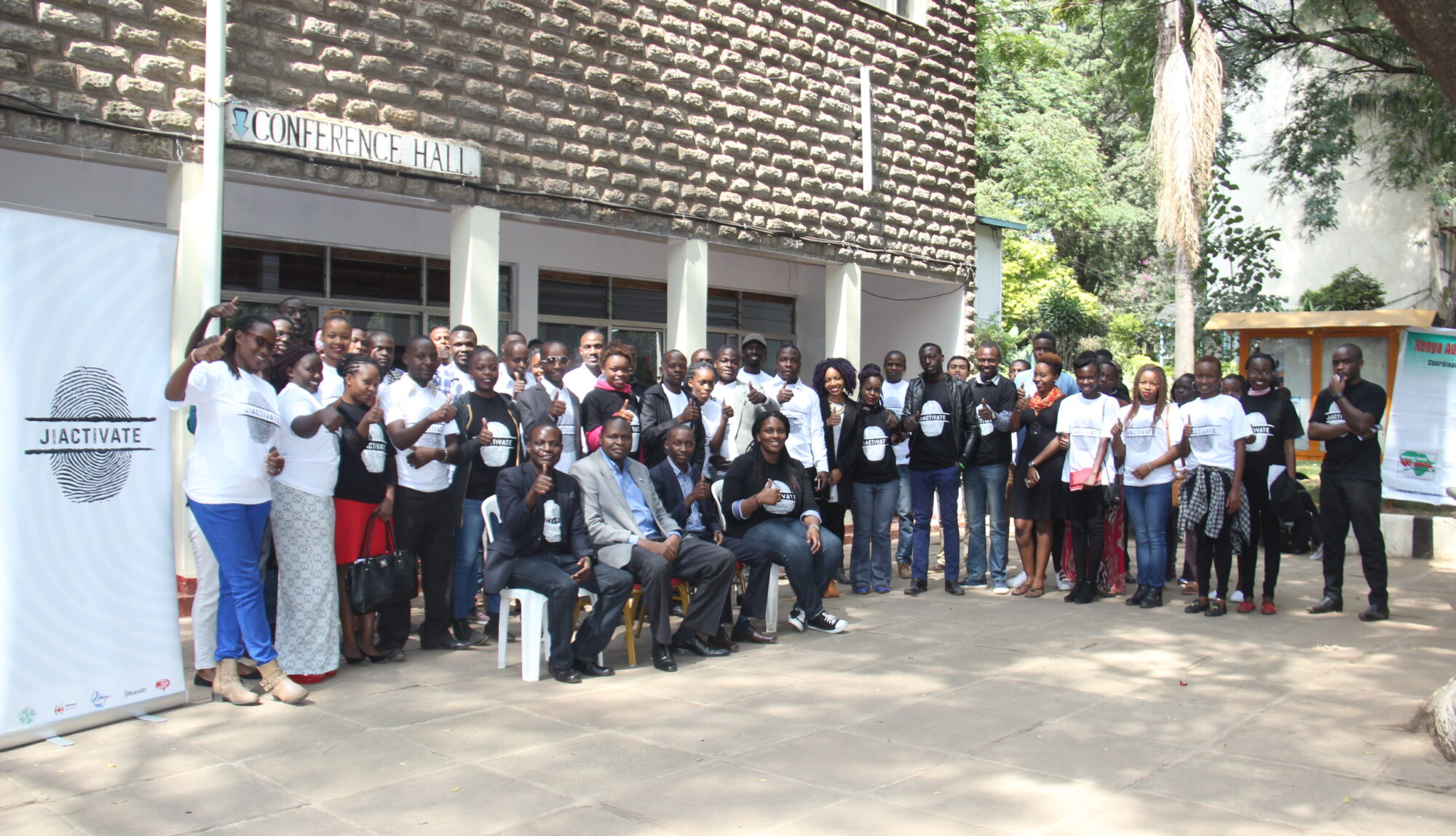MEDIA RELEASE









Organization of Africa Youth –Kenya Chapter and YMCA Kenya invites you to the National Launch of Advocating for Change for Adolescents health and Wellbeing Toolkit. The toolkit to be launched on Friday 23rd March, 2018 in Kilifi County, 9am-12noon at Pwani University. The Working Group composed of 10 organizations and government agencies who were engaged in the development of the toolkit settled on launching the toolkit in Kilifi County following high statistics on negative adolescents health issues indicators.
Perceived as relatively healthy with education being the topmost need, the adolescents (10-19 years), face several health and wellbeing challenges that require comprehensive action plan and socio-economically sound interventions. Adolescents in Kenya have several unmet health and wellbeing needs characterised by numerous barriers. Reproductive health, HIV, drug and substance abuse, poverty, road accidents, early pregnancy, child marriage, harmful traditional practices, internet safety, among others greatly affect their health indicators.
It was noted that a lot of investments has been made on policy and knowledge development including Kenyan Adolescents Sexual Reproductive Health Policy 2015. However, to achieve full potential of the adolescents, there must be a holistic approach to adolescent’s health issues.
- Some statistics report highlights are as follows;
- According to the Kenya Demographic and Health Survey (KDHS) 2014, reports 15% of women age 20-49 had first sexual intercourse by age 15, 50 % by age 18, and 71 % by age 20. 22 % of men age 20-49 had first sexual intercourse by age 15, 56 percent by age 18, and 76 % by age 20. Overall, adolescents between the ages of 10 and 19 years represented about 9% of persons living with HIV and 13% of all HIV-related deaths in Kenya. It is reported that HIV testing rates for Kenya are lowest among adolescents between 15-19 years (49.8%), with only 23.5% reporting awareness of their status.
- National study by UNICEF (2012) on violence against children in Kenya, adolescent girls aged 13-17 were more likely to have experienced sexual violence in the previous 12 months (10.7%) compared with similar age group of boys (4.2%).
- NACADA report 2012 indicates that, about 18 % of adolescents aged 15-17 have used a drug or substance in 2012.
- Ministry of Health 2015 County fact sheets, Kilifi County has a youthful population with people below age 15 making up nearly half (47%) of the total population. About 1 in 5 (24%) people in Kilifi County are adolescents aged 10-19. Half of Kilifi County women (25-49 years old) first married by age 19 and half of the men (30-54 years old) by age 25. 22% of girls aged 15-19 years in Kilifi County have begun childbearing; higher than the national level. 20% of currently married girls aged 15- 19 use modern contraceptives.
The Toolkit
The global “Advocating for Change for Adolescents!” toolkit is collaboration between The Partnership for Maternal, Newborn & Child Health (PMNCH) and Women Deliver, with the support of several partners and contributors. Members of the Partnership’s Adolescent & Youth Constituency hosted country consultations to review and provide inputs to the toolkit, including Organization of Africa Youth (OAY).
Developed by young people, for young people, the Advocating for Change for Adolescents! Toolkit provides guidance to youth networks on the design, implementation, and monitoring of an effective national advocacy action roadmap on adolescent health and wellbeing. It aims to encourage meaningful engagement of youth and drive positive advocacy and accountability efforts to influence national health plans and policy processes.
With support from both the PMNCH and Women Deliver, the global toolkit is being rolled out in partnership with youth-led organizations in 5 priority countries (Cameroon, India, Kenya, Malawi and Nigeria) to drive advocacy for and meaningful engagement in the development of policies and programs that influence adolescent health and wellbeing. OAY is the organization leading this process in Kenya.
Community Leaders’ Dialogue
The event will preceded by community leaders’ dialogue on 22ndMarch, 2018 hosted by YMCA in Kilifi to explore the ways in which men can be on the forefront in advocating on Violence Against Women in their communities through a project dubbed #AREALMAN IS.
The activities planned will be interactive and will aim to ,raise awareness on the issues that affect adolescents in Kenya and how this toolkit, the first one in Kenya and endorsed by Ministry of Health, National Youth Council and over 40 youth led and serving organizations, can be used effectively by advocates, policy makers and health workers.
We therefore wish to invite you to come and commune with us during this important event in the lives of the Kenyan youth.
Contacts:
Miriam 0721850839
Michael, 0724511702